
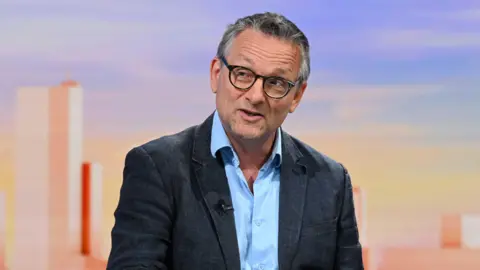 BBC Images
BBC Images
Michael Mosley presented TV programmes and podcasts answering everyday health questions
TV and podcast presenter Michael Mosley was best known for offering tips on simple ways to improve our health and wellbeing, backed up by science - everything from when to exercise and what to eat to how to get more sleep.
He was often the guinea pig - willing to try out anything before recommending it to others (swallowing tapeworms and trying psychedelic drugs, for example).
"Michael wanted to look at whatever would help people live better, healthier lives," says his former co-presenter on Trust me I'm a Doctor, Dr Saleyha Ahsan.
"Something that wasn't a fad, that they could keep going at and which they didn't feel guilty about."
We pick out his top five health hacks:
Eat less on two days a week

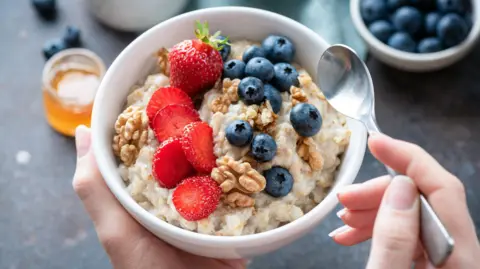 Getty Images
Getty Images
A light, healthy breakfast could be part of a fasting day when far fewer calories should be consumed
He popularised the idea of intermittent fasting - eating normally on five days a week and much less than usual on the other two, in order to lose weight and boost your health.
It's called the 5:2 diet, and it sparked huge interest when his Horizon TV programme Eat, Fast and Live Longer was broadcast more than 10 years ago.
Wanting to reverse his type 2 diabetes, he stuck to the diet for five weeks, eating fewer than 600 calories on fasting days, with a light breakfast and dinner and plenty of water and herbal tea in between. During that time, he lost nearly a stone and his blood markers, including glucose and cholesterol, improved.
The notion of fasting to cut calories got the nation talking and spawned fasting recipes, calorie-restricted menus and even a book.
To make it even easier, he challenged people to simply try staying away from food for 12 hours during the night, between 8pm and 8am - something called time-restricted eating.
Short bursts of exercise

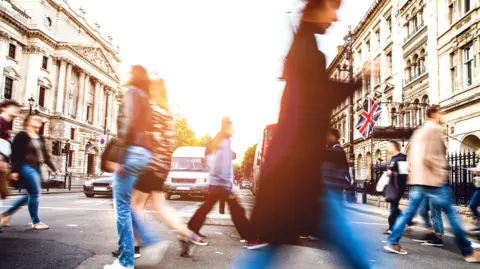 Getty Images
Getty Images
Brisk walking and taking the stairs at work are good ways to "snack" on exercise
Doing the recommended amount of exercise each week is a challenge for many. "When do I find the time?" is the frequent complaint.
Dr Mosley's Just One Thing podcast researched the concept of "exercise snacking" - doing a few minutes of physical activity whenever possible, rather than scheduling one long gym session that might not happen.
For those with busy lives, he suggested shunning the lift and running up the stairs instead, and going for brisk walks, particularly first thing in the morning.
"We live at the top of a steep hill - I always cycle down to the town for the shopping and push myself hard on the way back," he said on the podcast, illustrating how to make exercise an integral part of his daily routine.
He also investigated the more controversial concept of high-intensity interval training, or HIIT - short bursts of intense exercise with periods of recovery in between - as a way of maximising workout time.
Embracing the cold

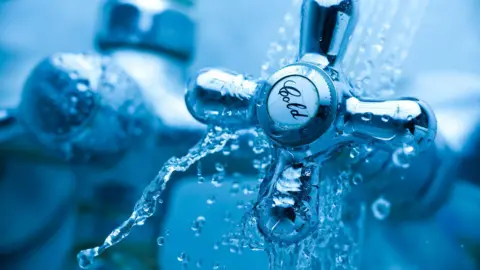 Getty Images
Getty Images
Dr Mosley was fascinated by how cold temperatures could be harnessed to help our health and wellbeing.
He investigated the benefits of everything from taking cold showers to exercising in the cold and sleeping in a cool bedroom.
In interviews, he revealed how he liked to turn the heating down at home.
"I live in an old house which is expensive to heat - so we pile on layers of clothes and keep the thermostat at about 15 degrees," he said, adding that his wife was less keen on the arrangement.
He discovered that turning the thermostat down by just a few degrees could improve fat and blood-sugar metabolism, boost your mood, and might even protect against type 2 diabetes.
When he went for a jog on a chilly day, he found out how exercising in colder weather can allow you to go further than on a hot day, enabling you to work harder, for longer, with less effort.
And he was also a fan of taking cold showers (like motivational speaker and extreme athlete Wim Hoff), admitting he started every morning in a warm shower and turned it to cold for around 30-to-40 seconds.
The body's reaction to being immersed in cold water - the cold shock response - forces up the heart rate and makes you breathe more quickly, which is thought to be beneficial in short bursts.
Squats and planks
"It's the best simple exercise you can do," said Dr Mosley in a recent interview.
What was he talking about? Squats, press-ups and planks.
These are resistance exercises, working some of the biggest muscles in the body.
When muscles are tensed and held still, as these exercises demand, research suggests there is a sudden rush of blood when you relax, which can reduce blood pressure.
As they are potentially better than doing crunches or sit-ups for the core muscles, he would do squats every morning - before his cold shower, of course.
Food choices

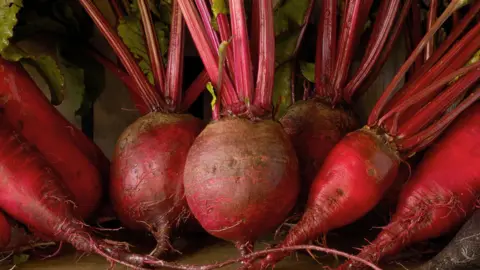 Getty Images
Getty Images
A potentially under-rated vegetable?
Most of us know what we should be doing to eat healthily - eating plenty of fruit and vegetables and cutting back on fatty and sugar-laden foods being the primary objectives.
But are there hidden health benefits in some foods?
Thanks to Dr Mosley, we learned it's potentially better to cook tomatoes than eat them raw. Tomatoes contain a powerful antioxidant, called lycopine, which helps the body fight off damaging chemicals, and cooking the red fruit lets the good stuff out and into the body.
And when it comes to beetroot, he concluded it was best to buy it raw and bake it, or drink the juice to enjoy this nitrate-rich purple veg.
Mosley looked at the merits of fermented foods, such as yoghurt, kefir, kimchi and sauerkraut, and found they helped introduce live microbes into the gut and could improve the body's immune system and reduce inflammation.
But he wasn't against eating the odd bit of chocolate, particularly when it was dark - much healthier than the milky version, according to studies.
One unexpected discovery he made was that eating pasta cold is healthier than eating it hot.
When cold, it was found to act more like fibre and less like a starchy carbohydrate. In a small trial in hungry people, eating cold pasta led to a smaller spike in blood glucose and insulin than eating freshly boiled pasta.
Some of his health drives didn't catch on, however - including consuming blood because of its nutritious properties and eating parasites to reduce appetite.

 2 weeks ago
5
2 weeks ago
5
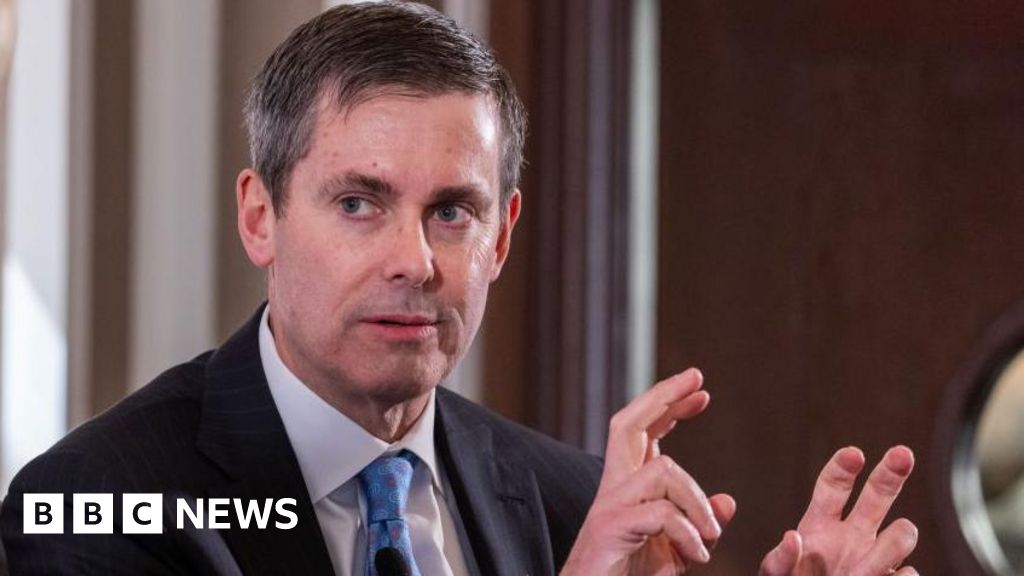
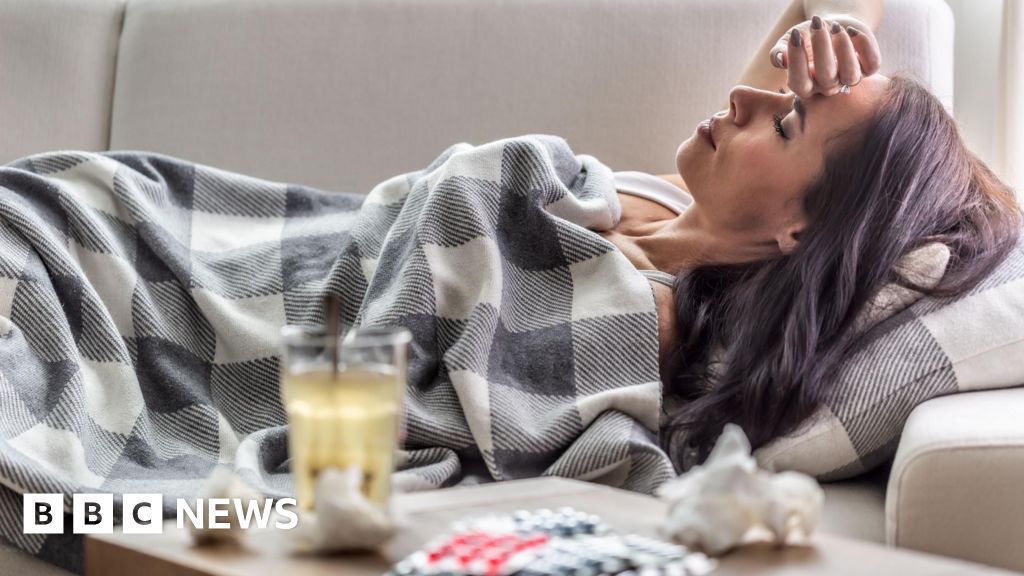
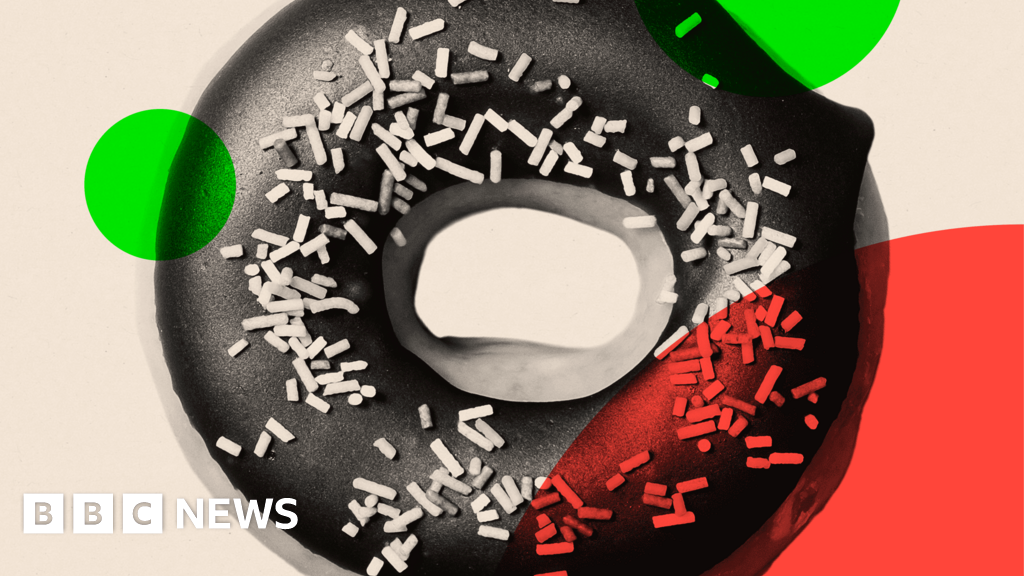
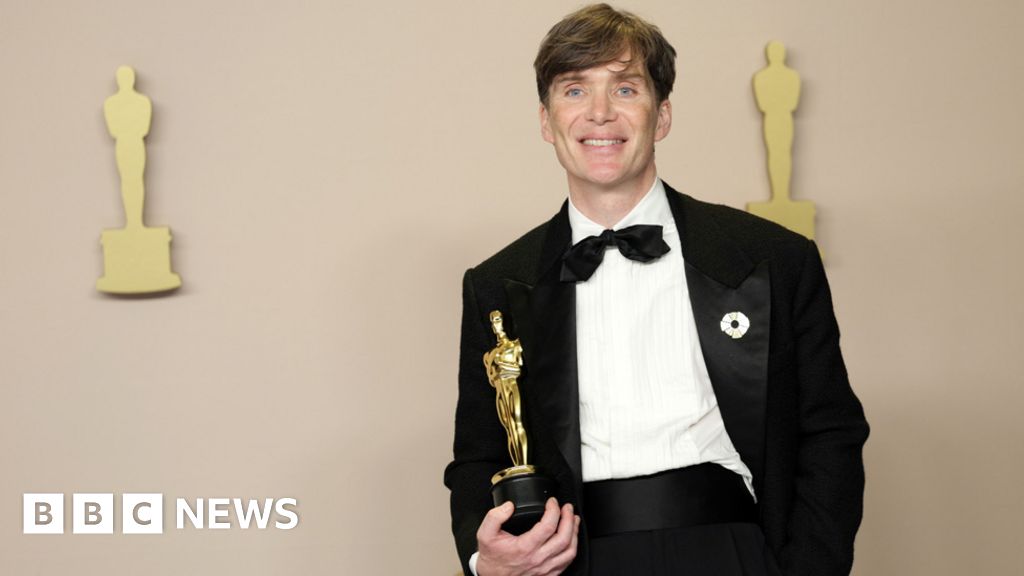



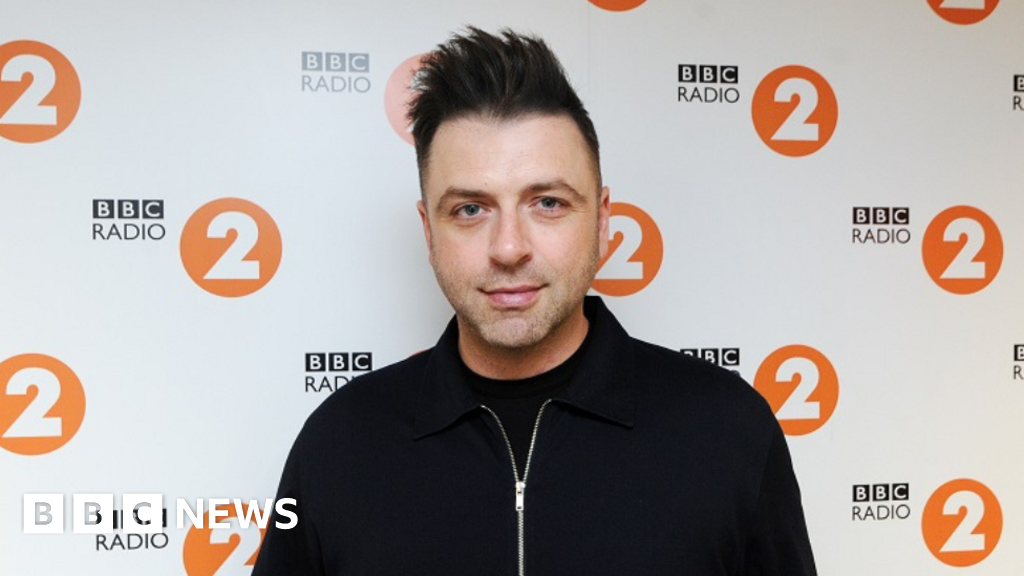
 English (US) ·
English (US) ·